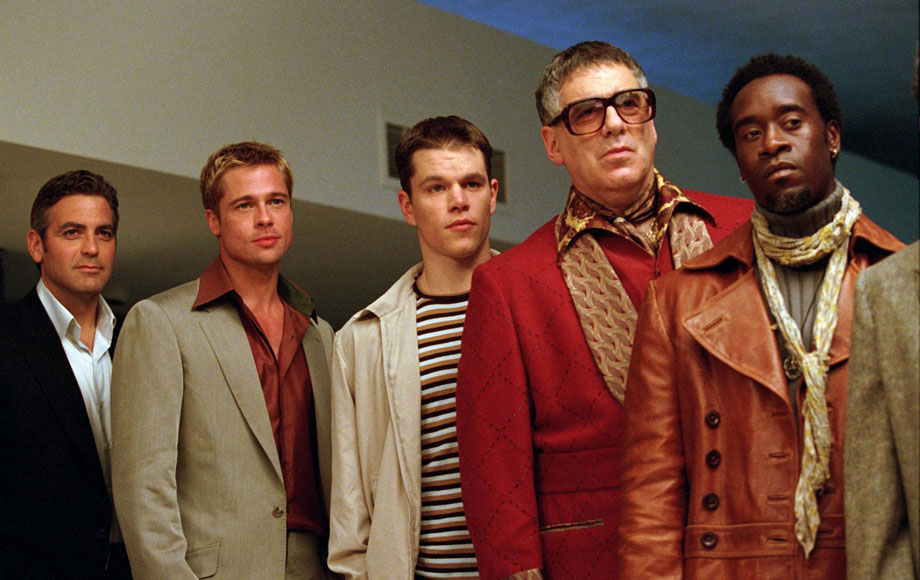-
Tips for becoming a good boxer - November 6, 2020
-
7 expert tips for making your hens night a memorable one - November 6, 2020
-
5 reasons to host your Christmas party on a cruise boat - November 6, 2020
-
What to do when you’re charged with a crime - November 6, 2020
-
Should you get one or multiple dogs? Here’s all you need to know - November 3, 2020
-
A Guide: How to Build Your Very Own Magic Mirror - February 14, 2019
-
Our Top Inspirational Baseball Stars - November 24, 2018
-
Five Tech Tools That Will Help You Turn Your Blog into a Business - November 24, 2018
-
How to Indulge on Vacation without Expanding Your Waist - November 9, 2018
-
5 Strategies for Businesses to Appeal to Today’s Increasingly Mobile-Crazed Customers - November 9, 2018
Do your friends really like you?
To reach this sad conclusion, researchers surveyed 600 students in Israel, Europe, and the United States to verify how many were in mutual friendships and discovered that a staggering half were unrequited. Chances are if you’ve seen someone cry, helped them through a hard period, or simply drunk enough glasses of wine with them, then you can consider them a true friend.
Advertisement
Who would you consider your friends?
“We learned we can’t rely on our instincts or intuition”.
Most of us think that friendship is a two-way street – but that’s true only half the time, according to research from Tel Aviv University and the Massachusetts Institute of Technology. There must be an objective way to measure these relationships and quantify their impact’.
Guess what? The people you think are your friends probably aren’t.
The researchers conducted extensive social experiments and analysed the data from other studies to determine the percentage of reciprocal friendships and their impact on human behaviour.
The team studied 600 friendship surveys taken in Israel, and found that 95% of people believe that their friendships are reciprocal – we believe that the people we call our friends share those feelings towards us.
As the acclaimed sociologist Kanye West once asked: Real friends, how many of us?
If you’re one of those stubborn people who is thinking “fine, I don’t need friends anyway” it is advised that you hold on to the 50 per cent of people who reciprocate your friendship because they are actually really important. But the study authors also looked at a handful of previous surveys on friendship, ranging in size from 82 people to 3,160, and found similar results: Among those, the highest proportion of reciprocal friendships was 53 percent, and the lowest was a bummer, at 34 percent. Second, if someone has considerably more friends than you, they’re less likely to consider you a friend.
Advertisement
They then developed an algorithm that examines several objective features of a perceived friendship, such as the number of common friends or the total number of friend. The algorithm is able to distinguish between the two different kinds of friendship: unidirectional or reciprocal, according to the researchers. “It also determines in which direction the friendship is “felt” in unilateral friendships”, Dr. Shmueli says.





























